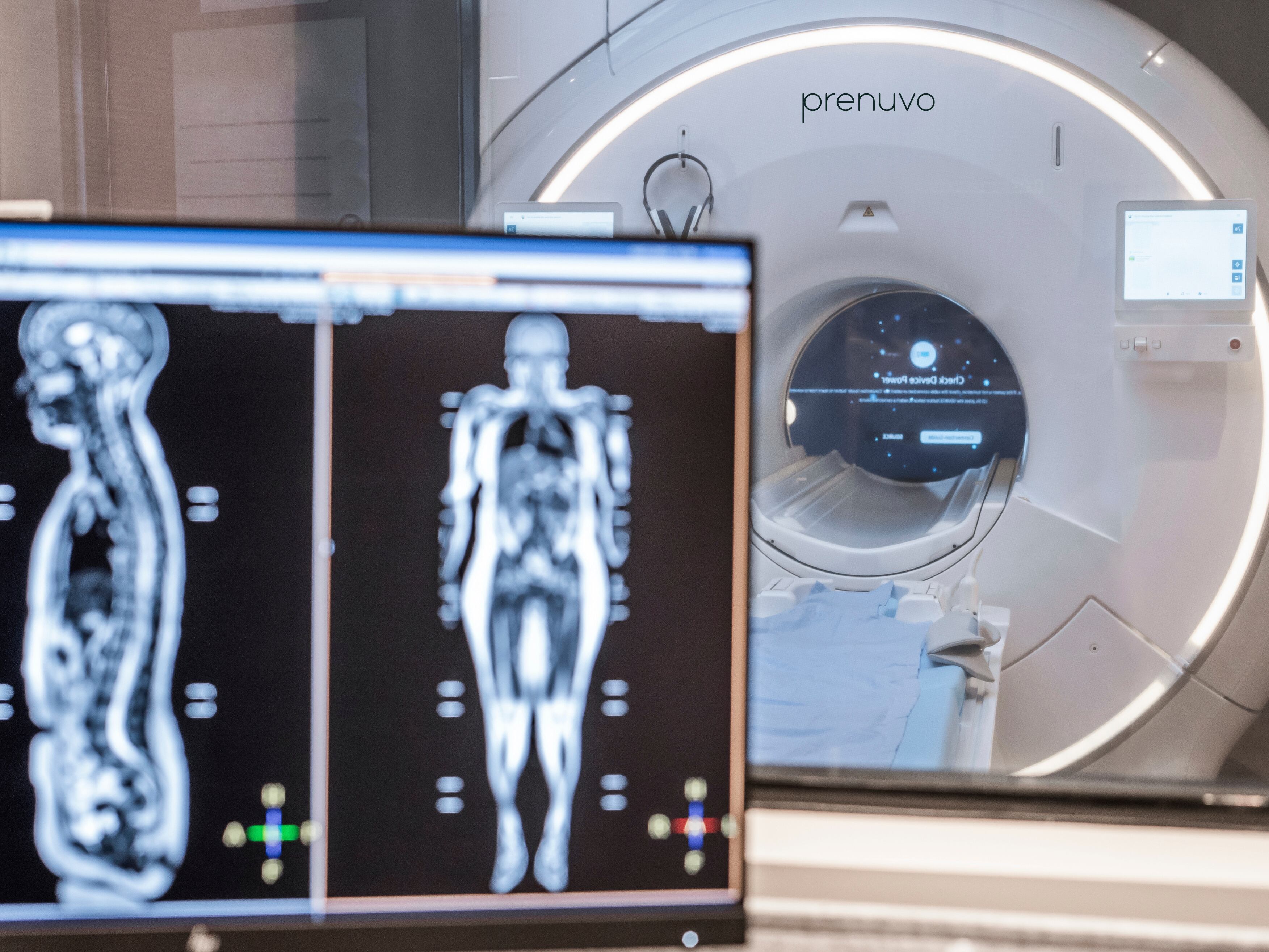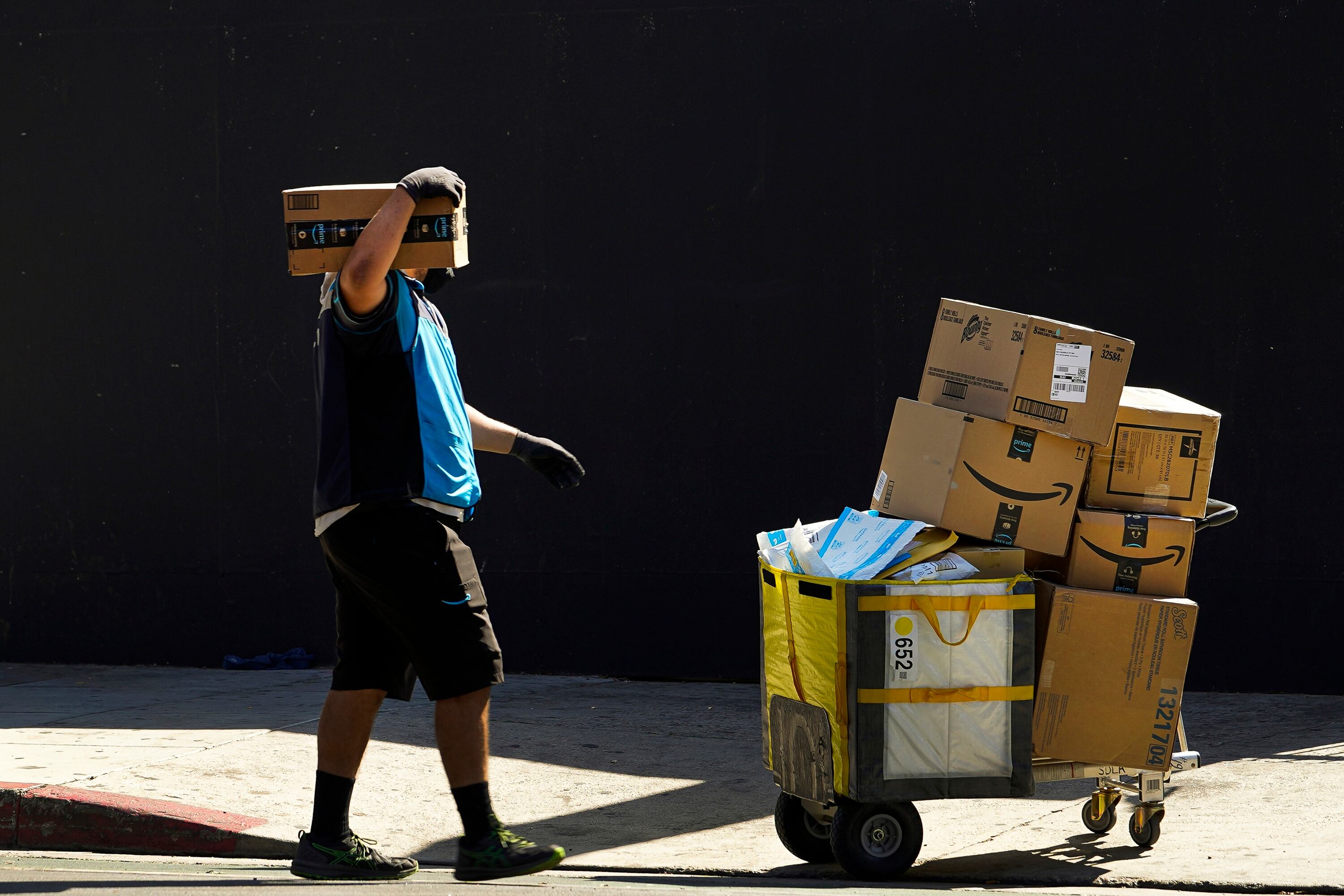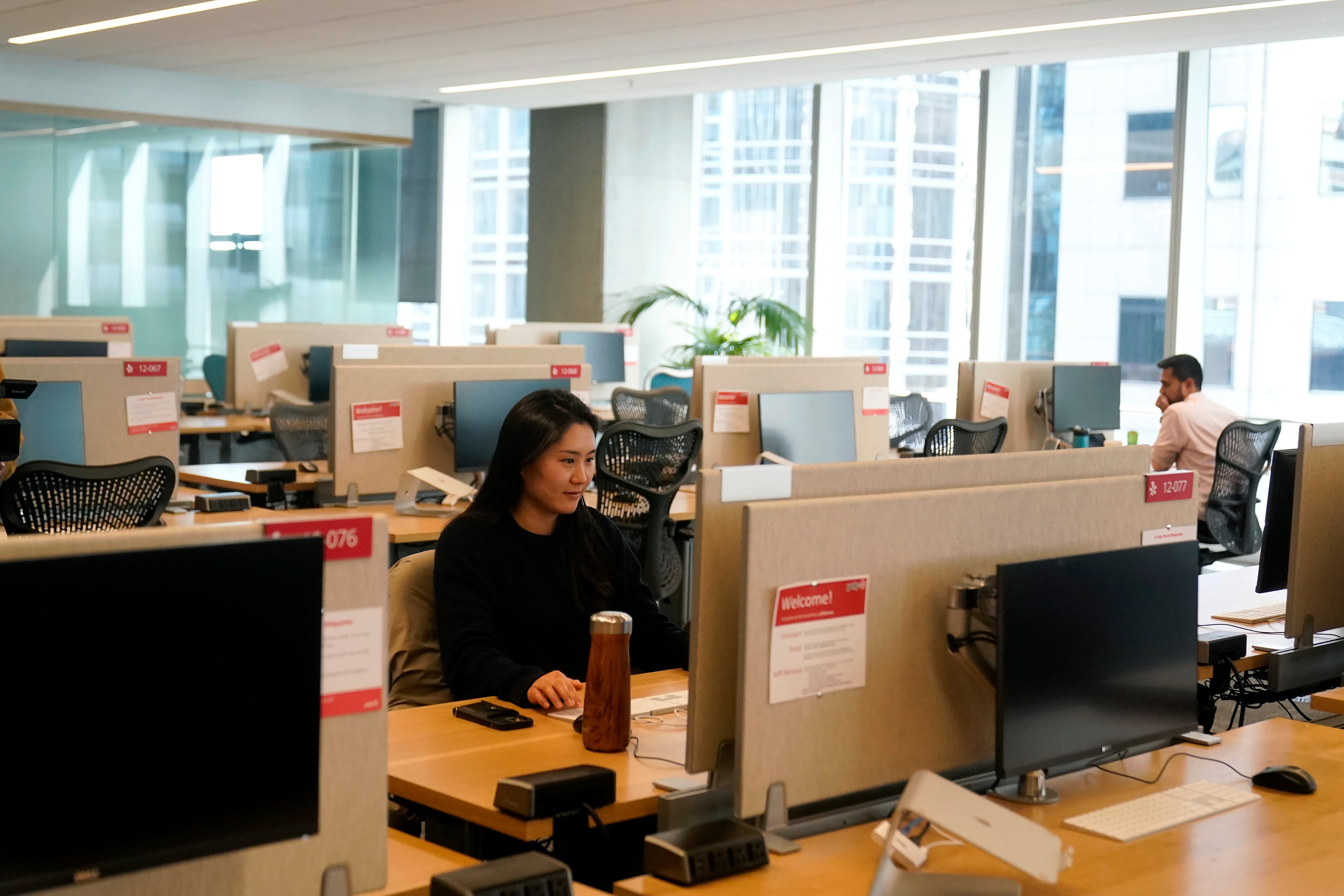Amid a raging debate over when and how schools should reopen, Amgen Foundation is doubling down on its support for virtual education platform Khan Academy with a $3 million grant.
"As soon as the school closures hit last spring, a lot of folks have had to lean on Khan Academy," founder Sal Khan told Cheddar. "We've seen our traffic be 300 percent of what it typically is."
With the new grant, Khan Academy is launching some new education initiatives, including virtual biology lessons, a partnership with Harvard's LabXchange to provide students a virtual lab experience, and a collaboration with two cash-strapped school districts in Southern California.
"Inequities in education today are pervasive," said Eduardo Cetlin, president of Amgen Foundation. "A zip code of a child will tell us their educational outcomes. Khan Academy comes to the fore with a set of solutions that understand the realities of those kids, aligns with local curriculum, and provides them the chance to have a fantastic education for free and with very high-quality content."
Khan sees its role as filling gaps while teachers and schools adjust to remote learning. For schools facing budget shortfalls, the platform offers a free option to help make the transition.
"We're starting the year 100 percent remote, and Khan Academy will be an integral part of our instructional program," said Dr. Christine Walker, superintendent of Hueneme Elementary School District in Port Hueneme, California, as part of Amgen's announcement. "In the future when we return to the classroom, we know that teachers and students can easily transition to using Khan at school."
Khan is offering supplemental educational monitoring and measuring tools to help teachers determine the effectiveness of their lessons.
"Pre-COVID, you can imagine, people have core curricula, but they need more practice. They need more feedback. Teachers need to be able to monitor what students are doing in real-time," he said. "In this COVID world, teachers are finding that their core curricula are being stretched even further. They don't work quite as well. So they are leaning even more heavily on tools like Khan Academy."
When it comes to early elementary school students and younger, there are unique challenges to remote learning, including a desire to avoid excessive screen time.
But Khan, himself a father of young children, said that there is still value in limited daily virtual lessons.
"It's really about forming habits and patterns," he said.












